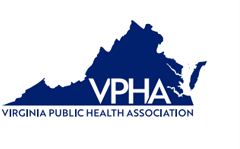Associations Between Social Media and Well-Being and Sleep Quality in Medical and Health Professions
Abstract
This study was conducted to assess associations between social media use and overall well-being and sleep quality in medical and health professions graduate students. A cross-sectional survey was distributed to examine demographic information, social media use, and health behaviors and outcomes. Logistic regression analysis was conducted to examine the relationships between sleep quality and potential covariates and/or independent variables, while proportional odds regression was performed to analyze potential associations between emotional wellbeing and independent variables. Survey respondents were more likely to have a low or depressed mood if they used social media as a way to help them sleep [odds ratio=2.1, 95% confidence interval = (1.0, 4.2)]. Participants who used social media to help them sleep also had poorer sleep quality than those who did not use social media for that purpose [odds ratio=2.3, 95% confidence interval= (1.1, 4.7)]. In addition, individuals who used social media to obtain health-related advice or information were 2.8 times [95% confidence interval= (1.4, 5.8)] more likely to have poor sleep quality compared to those who did not use social media for health-related advice or information. These study results expound upon the relationship between social media use and health outcomes in medical and graduate students.
Recommended Citation
Hilliard, DaShaunda D.; DeShields, Sarah C.; and Cunningham, Tina D.
(2018)
"Associations Between Social Media and Well-Being and Sleep Quality in Medical and Health Professions,"
Virginia Journal of Public Health: Vol. 2:
Iss.
1, Article 3.
Available at:
https://commons.lib.jmu.edu/vjph/vol2/iss1/3

